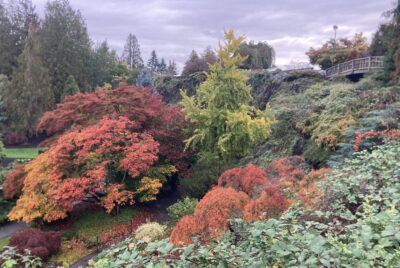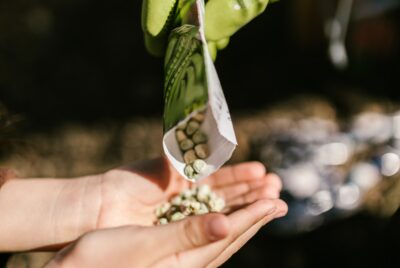RESEARCH
Social Connectedness as a Mediator for Horticultural Therapy’s Biological Effect on Community-Dwelling Older Adults: Secondary Analyses of a Randomized Controlled Trial
Summary
The study aimed to investigate the underpinning mechanisms of Horticultural Therapy (HT), specifically focusing on how it might impact biological markers linked to dementia and depression, such as the inflammatory marker Interleukin-6 (IL-6). Operating within the framework of the biopsychosocial model, which suggests that biological factors interact with social and psychological constructs to influence health, the researchers hypothesized that improved social connectedness could mediate the beneficial effects of HT on IL-6 levels. This was motivated by previous findings that HT can improve both social connectedness and inflammatory markers, but the direct link between these improvements was not well understood. The study sought to examine this relationship cross-sectionally and longitudinally in an Asian sample population.
The research was a secondary analysis of data from a randomized controlled trial (RCT) that investigated the bio-psycho-social effects of HT among healthy community-dwelling older adults in Singapore. Fifty-nine participants, aged 60–85 years, were recruited from a neighborhood and randomly assigned to either a HT intervention arm (n=29) or a waitlist control arm (n=30). The HT program consisted of fifteen sessions over six months, involving gardening activities and visits to parks and nature reserves. Psychosocial data and fasting blood samples for IL-6 quantification were collected at baseline, 3-month (post-intervention), and 6-month (follow-up) time points. Social connectedness was operationalized and measured using the Positive Relations with Others (PRWO) sub-scale of the Ryff’s scale of psychological well-being. The study obtained ethics board approval and informed consent from all participants.







